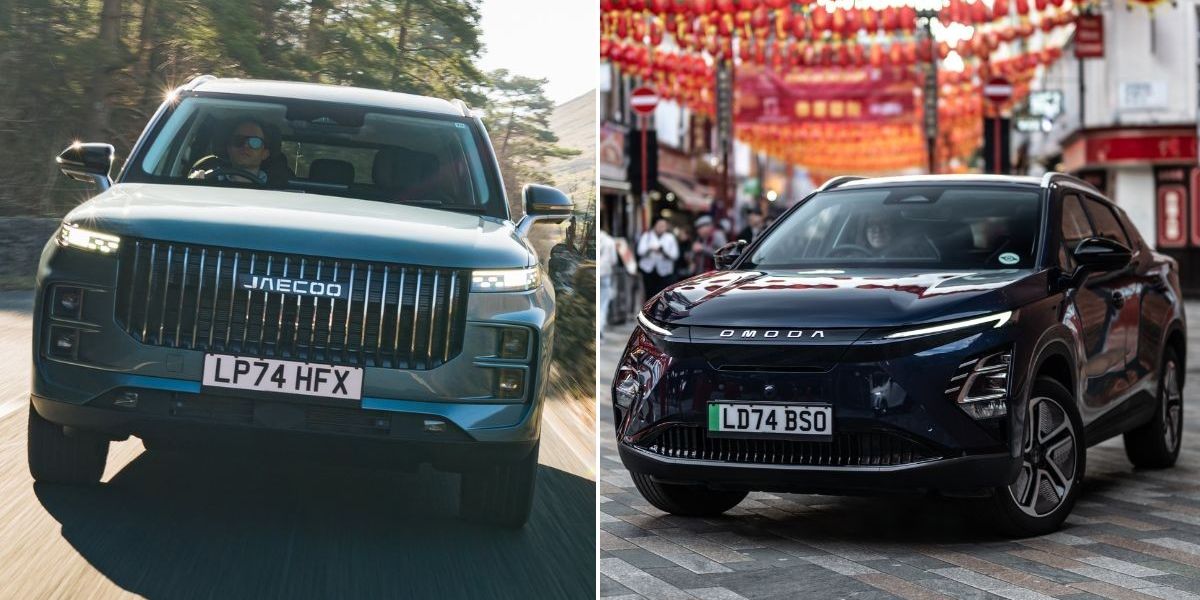Ryanair has called a truce with online travel agencies (OTA) as it announces a partnership with Loveholidays.
Until now, Ryanair flights have not officially been part of holiday packages sold by other businesses online.
Britons who have booked Ryanair flights through an OTA have had to go through a Ryanair customer verification process to secure their seats.
This will no longer be necessary if booking with Loveholidays, however.
Ryanair and Loveholidays has teamed up
RYANAIR
This is great news for Britons preparing to book their summer getaway online.
OTA packages are ATOL-protected which means customers don’t lose their money if the company they booked with goes bust.
Holidaymakers will get “full transparency, while still benefiting from Loveholidays’ flexible payment plans and ATOL protection”.
The collaboration should mean better prices for customers too as Loveholidays has agreed to only show Ryanair’s “real prices”, so no markups will be added to the flights.
The company said: “Loveholidays’ customers will not need to complete Ryanair’s customer verification process which unauthorised OTA ‘pirates’ customers must continue to do.
“This deal allows Loveholidays’ customers to buy Ryanair flights, seats, and bags as part of their Loveholidays package at Ryanair’s low prices.”
The decision to team up with an OTA is a significant moment for both Ryanair and travellers.
Until now, the budget airline has been waging a war on OTA (what it calls) “pirates” that have listed its flights.
Ryanair has campaigned against online travel agents who it claimed overcharged customers with marked-up prices and accused some brands of using fake customer contact and payment information.
But it seems Ryanair now sees the value in being involved in online package holidays after its flights were removed from OTAs including Booking.com and Kayak last year.
Speaking on the new partnership, Ryanair marketing and digital director Dara Brady said: “We are pleased to announce this first OTA partnership with Loveholidays, which will ensure that Loveholidays’ customers can now book Ryanair flights, seats, and bags as part of their package with the guarantee that they will not be overcharged for flights, bags, or seats.
“They will receive flight updates directly from Ryanair and will also have direct access to their booking through their myRyanair account.”
Ryanair’s decision to join forces with Loveholidays seems like a win-win, but it cements the death of traditional holiday booking methods.
Gone are the days of researching an area, seeking out hidden gems or taking recommendations from friends and family, it seems.
And if you’re hoping to book a holiday with a travel agent in person, you’ll be hard-pressed to find an agency on your local high street.
Bricks-and-mortar travel agencies have been slowly disappearing from towns for years now.
In 2019, they were voted among the top 10 declining retail categories and uptake has continued to drop with many agencies including TUI and Thomas Cook closing branches in the last few years.
Thomas Cook is one of the brands who has closed travel agencies in recent years
PA
Recent research found booking a package holiday online is now “firmly established” as the preferred method of booking a holiday.
A huge 83 per cent of people booked their holidays online in 2023, according to data from ABTA.
Right now, booking holidays independently is slightly more common than packages – at 53 per cent compared to 44 per cent, according to Mintel.
But this won’t last long and online packages are set to overtake as the most popular booking method.
New research published by Statista Research Department shows the number of Britons booking package holidays online is set to increase by around 300,000 people between 2024 and 2028, hitting a new record then.
It added: “After the eighth consecutive increasing year, the indicator is estimated to reach 13.69 million users and therefore a new peak in 2028.”
Package holidays are generally cheaper than booking separately too, especially when it comes to all-inclusive hotels and booking online can come cheaper without the overheads of traditional travel agents.
This move, paired with the effects of the coronavirus, has meant a loss of travel agent jobs as well as an emptying high street.
In 2022, there were 39 million fewer jobs globally in the travel sector compared to 2019.
Many Britons enjoy booking holidays from their phones and there is less need for travel agencies on the high streets, but booking digitally is not accessible for everyone.
Whether good or bad, people want speed and convenience with their value.
They want the ease of having their flights, hotels and even transfers taken care of at the click of a button and Ryanair’s new collaboration could show they know this too, and more changes could follow.












